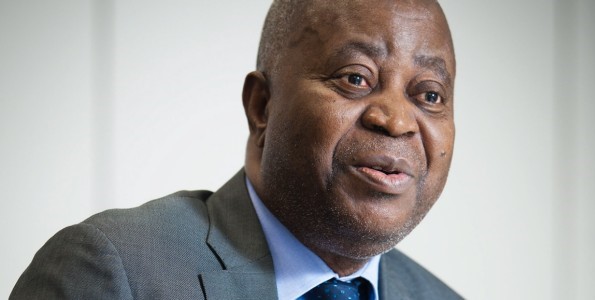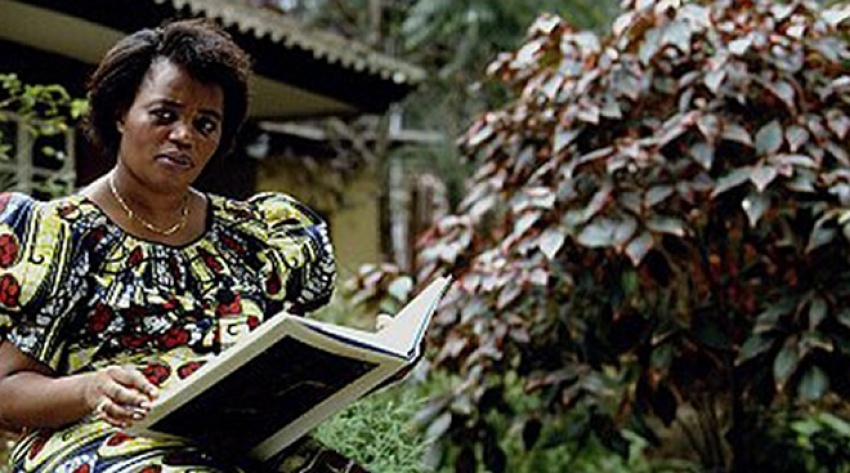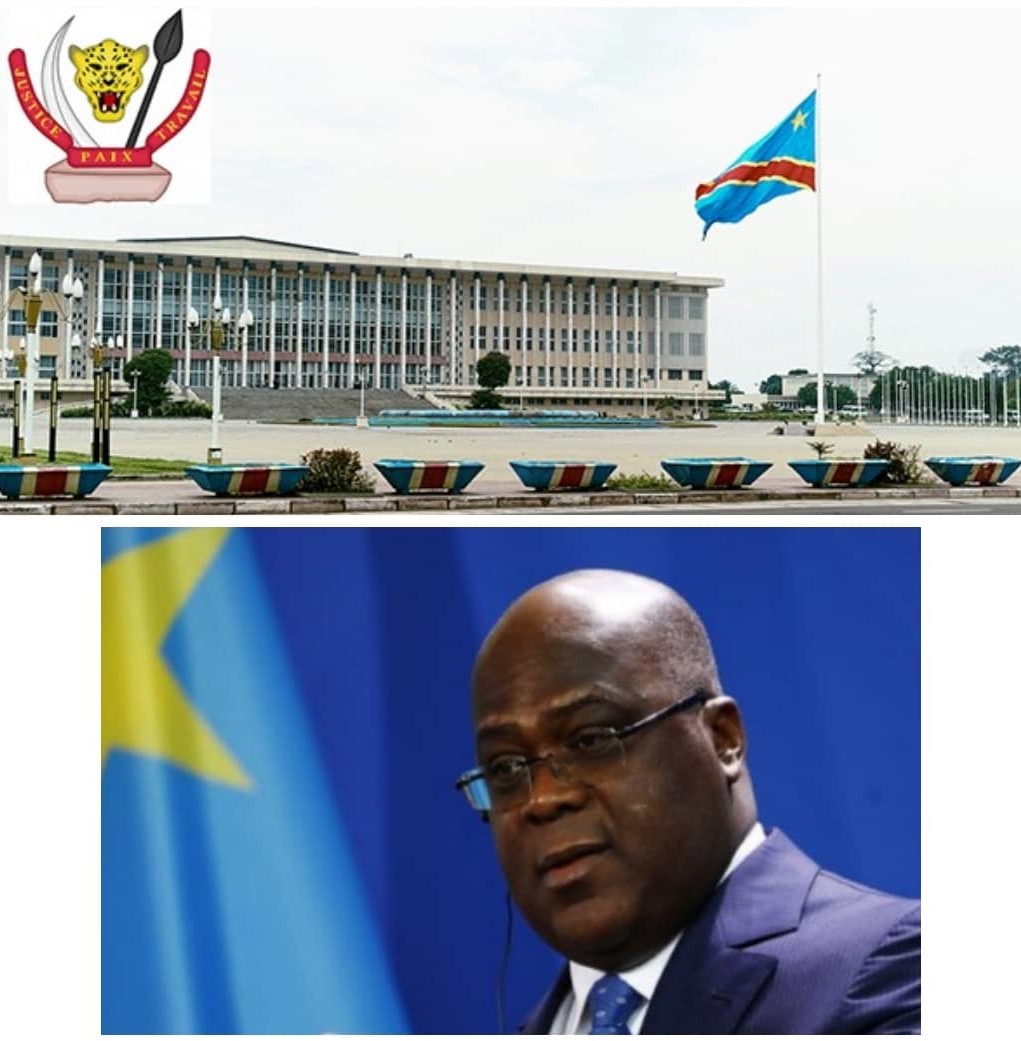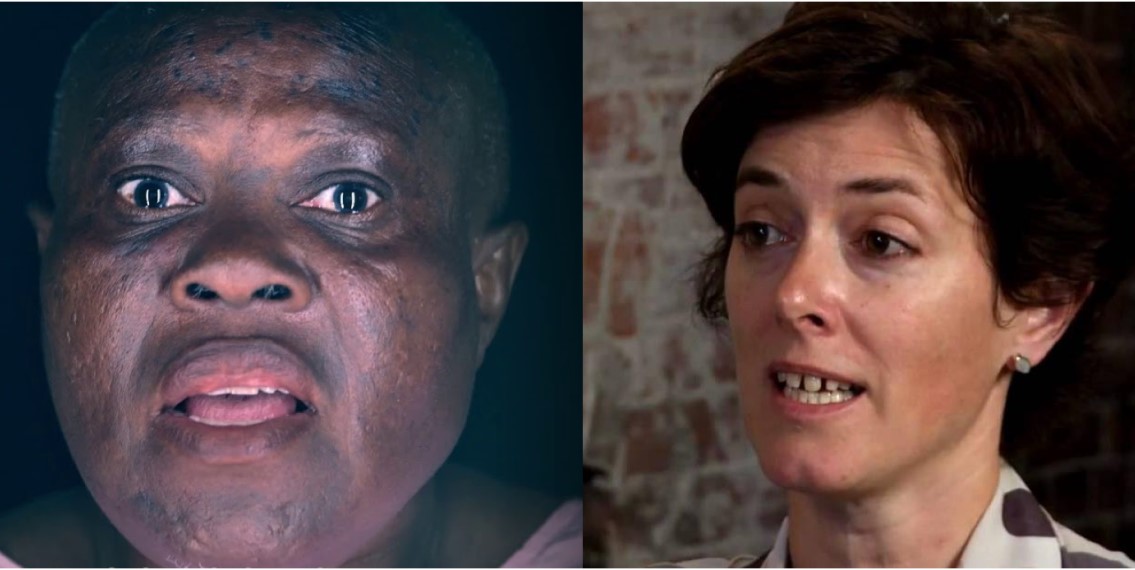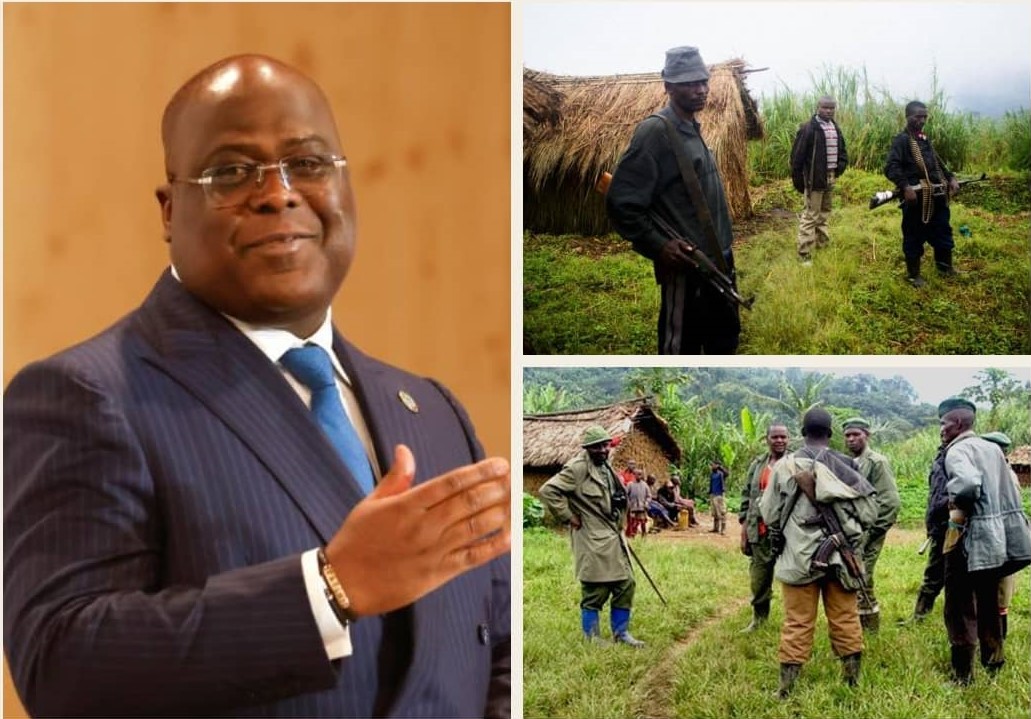Regional
DRC: What’s the implication of EACRF commander's resignation?
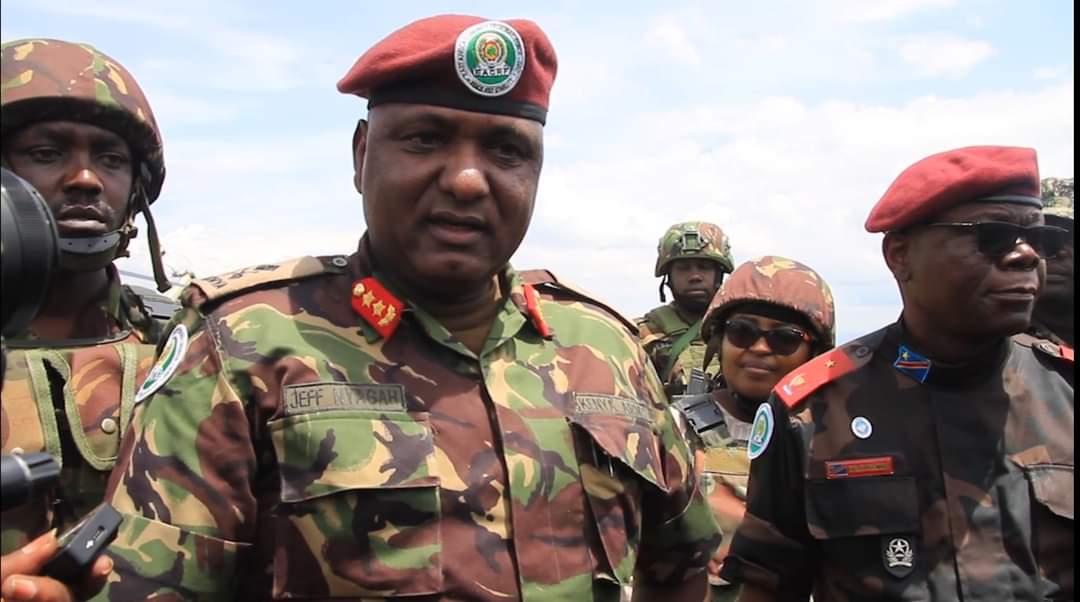
The
Force Commander of the East African Community Regional Force (EACRF), Maj Gen
Jeff Nyagah, on April 27, resigned from the mission, citing “aggravated threat
to his safety and a systematic plan to frustrate efforts of the EACRF” as his
reason.
In
his resigning letter to the EAC Secretary General, Gen Nyagah wrote: “As you
are aware, there was an attempt to intimidate my security at my former
residence by deploying foreign military contractors (mercenaries) who placed monitoring
devices, flew drones and conducted physical surveillance of my residence in
early January 2023 forcing me to relocate.”
The
resignation of Nyagah, a Kenyan appointed commander of the regional force
deployed in eastern DRC by the East African Community to pacify the region, in
September 2022, creates a major stumbling block in the forces’ lifespan.
For
keen eastern DRC observers, it came as no surprise considering the hostility
the regional force faced from top Congolese politicians, including President
Félix Tshisekedi.
Well-orchestrated
negative media campaign
The
little details in his resignation memo are an indication that the
force is operating in an extremely hostile environment.
Gen
Nyagah said that there has also been a well-orchestrated, and financed negative
media campaign targeted at his personality and direct written false accusations
of EACRF's complacency on the handling of the M23
rebels.
The
EACRF’s Facebook account was recently suspended, an indication of sabotaging
the Regional Force efforts.
He
wrote that this is further enhanced by the current push by the Congolese
government to have the Force rotated every three months which was not
envisioned in the current mandate.
Kinshasa
equally refused to pay administrative cost including Force Headquarters
Offices, Staff Officers accommodation, electricity as well as salaries for civilian
staff as per Article 9 (c) and (d) of the Status of Force Agreement.
“My
security as the Force Commander is not guaranteed within the operation area.
Further, the ongoing frustration has rendered my mission untenable hence the precautionary
decision to exit the mission area,” Gen. Nyagah concluded.
Back
in Kenya, Nyagah has been promoted, after taking over a new and bigger
assignment, as chief of the country’s Western Command.
Nyagah
was succeed by another senior Kenyan military officer, Maj Gen Alphaxard
Muthuri Kiugu at EACRF. Won’t he also suffer the same fate as his predecessor?
The writing is on the wall.
As
the former EACRF Commander mentioned in his letter, threats to his safety and
frustrating the Force’s efforts began as early as the beginning of 2023.
After
an Extra-Ordinary Summit of EAC Heads of State on the security situation in DRC
convened, on February 4, in Bujumbura, a video clip went viral on social media
showing President
FélixTshisekedi humiliating Gen. Nyagah. Kenyan President William Ruto
witnessed part of the scene as he was at the regional leader’s meeting.
“It
would be shameful if the population was to attack you. You came to help us to
solve a problem, not to be part of it. Pay attention to this, communicate with
the population,” Tshisekedi told Nyagah.
A
day after the undiplomatic encounter, hundreds of violent demonstrators moved
against EACRF on the streets of Goma.
Though
Tshisekedi wants war with the M23 rebels, the EAC leaders reiterated that the
conflict can only be sustainably resolved through a political process and
emphasised the need for enhanced dialogue among all the parties.
Political
analysts believe that the demonstrations were planned and carried out under
Tshisekedi’s orders, similar to others against
MONUSCO, which happened in July 2022.
During
the initial EACRF deployment in DRC, Kinshasa’s expectation was that the Force was
going to fight the M23 rebels and push them out of the country. However, this
was not the Regional Force’s mission. Its mission was to create a buffer zone,
taking over the localities where the M23 withdraws.
When
Tshisekedi’s expectation failed, he hired Western mercenaries expecting that
their combined efforts with his weak army, the FDLR genocidal militia from
Rwanda and other local militias would push out the M23 in a short time.
Despite
the millions of dollars given to the mercenaries, the collabo failed to push
the rebels back.
Only EACRF had managed to bring a semblance of peace after ensuring that the M23 rebels vacate areas they previously captured.
Sabotage
On
the other hand, M23
is commended for its commitment to honoring the peace processes. Since late
December 2022, the rebels had withdrawn from a number of captured localities
including Sake, Kibumba, Rumangabo, Mushaki, Kilolirwe, Kitchanga, Kiwanja and
Bunagana, among many others.
These
territories were handed over to the EACRF as requested by the Nairobi Peace process.
Sources from Kinshasa reveal that Tshisekedi wants his army, FARDC, to occupy
the areas where M23 has withdrawn from, but Gen Nyagah refused.
Consequently,
Kinshasa opted to sabotage EACRF’s efforts as well as threatening its personnel
to leave DRC. It is an open secret that Tshisekedi is willingly worsening
problems in eastern DRC, so as to postpone the December elections.
He wants to stay in office and he also knows that there is only one way to achieve that – indefinitely postpone the presidential elections. Tshisekedi has consistently frustrated efforts by regional leaders in their search for sustainable solutions to the DRC conflict.



